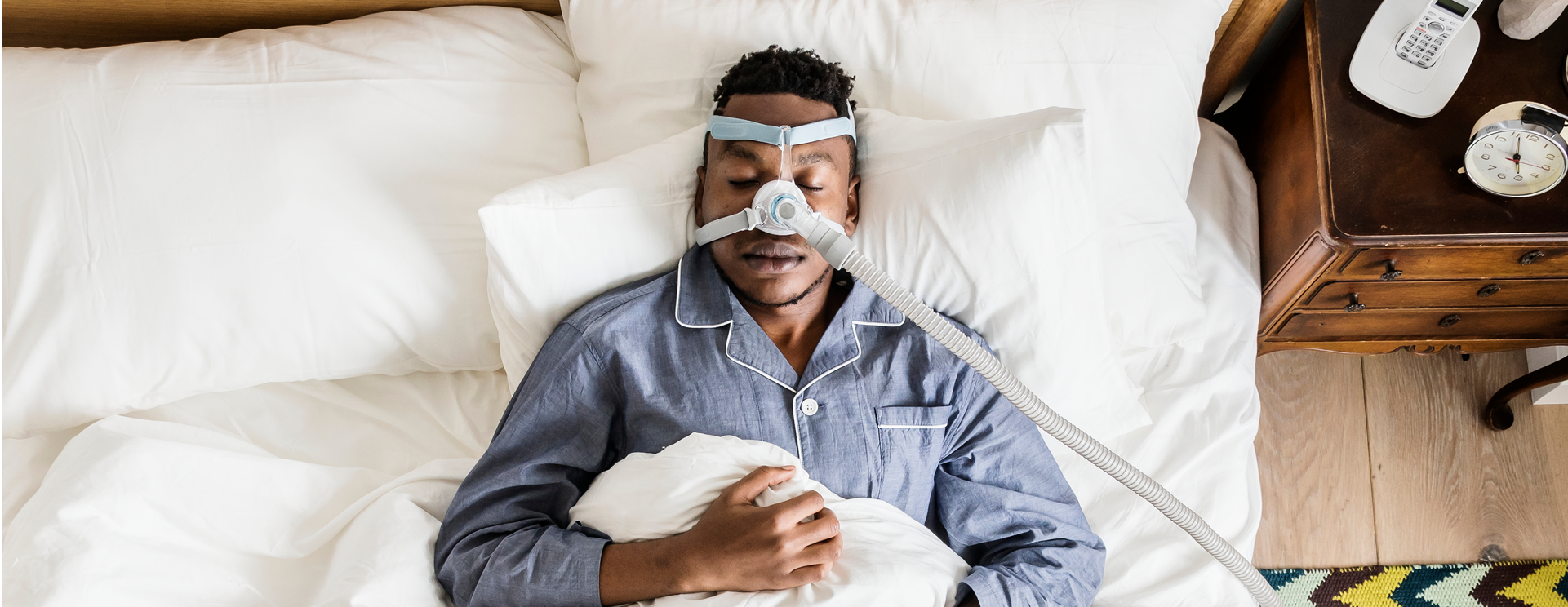
A continuous positive airway pressure (CPAP) machine is one of the most reliable prescribed treatments for sleep apnea. When you first get your CPAP, you may receive training on how to set up, operate and clean the device. The influx of information can feel overwhelming but it’s essential that you become as well-versed in cleaning your machine as you are in using it. Proper care and cleaning of your CPAP is a crucial step in maintaining your equipment and your health.
The Importance Of Maintaining Your CPAP Machine
You likely have several everyday items in your home, such as reusable water bottles and kitchen sponges, that you clean regularly to wash away bacteria and prevent mold from growing. Since you are directly breathing in the air filtered through your CPAP, it is just as imperative that you clean your machine and its parts consistently and thoroughly. This is the best way to avoid the following potential health risks:
- Musty or unpleasant odors
- Bacteria and mold exposure
- Allergy flare ups
- Respiratory issues
In addition, frequent cleanings will maximize the performance and lifespan of your CPAP and allow your device warranty to remain valid.
Tips To Keep Your CPAP Equipment Clean
Cleaning your CPAP may seem tedious, but it doesn’t have to be. With the following tips, you can simplify the process using a few inexpensive household items.
1. Always follow the advice of your equipment provider and sleep apnea care physician.
Your medical equipment supplier knows your device and your doctor knows you and your health history. They will be able to offer you the best guidance on caring for and cleaning your specific machine.
2. Use only gentle cleaners.
Mild soap or dish detergent is a sufficient cleaning solution. Avoid using harsh chemicals on your equipment as they can irritate your skin and cause damage to your lungs.
3. Do not put headgear in the washing machine or dishwasher.
Doing this with any part, such as a CPAP full face mask, can cause it to lose its shape and become ill-fitting.
4. Use only distilled water in your humidifier.
Unclean water can cause mineral build-up and carry contaminants that could make you sick. Adding essential oils can damage CPAP parts.
5. Clean your equipment more often when sick.
When you have a cold or any respiratory infection, it’s advisable to clean your machine and supplies before each use. Otherwise, you are basically recycling germs that can keep you sick for a longer period.
6. Research CPAP cleaners and devices before buying.
It may be tempting to just purchase one of the at-home CPAP cleaners available on the market and call it a day, but the FDA warns against the use of these products due to potential health risks stemming from high levels of gas exposure and UV light treatments. Consult your equipment and/or medical providers before using a CPAP cleaner.
7. Check the condition of CPAP components.
Regularly inspecting CPAP parts is recommended to keep your machine in good working order. Most parts, including CPAP machine masks, need to be replaced periodically.
Your health is important so it’s vital to connect with a reputable medical equipment provider that can help you find the best CPAP machine to treat your sleep apnea.



